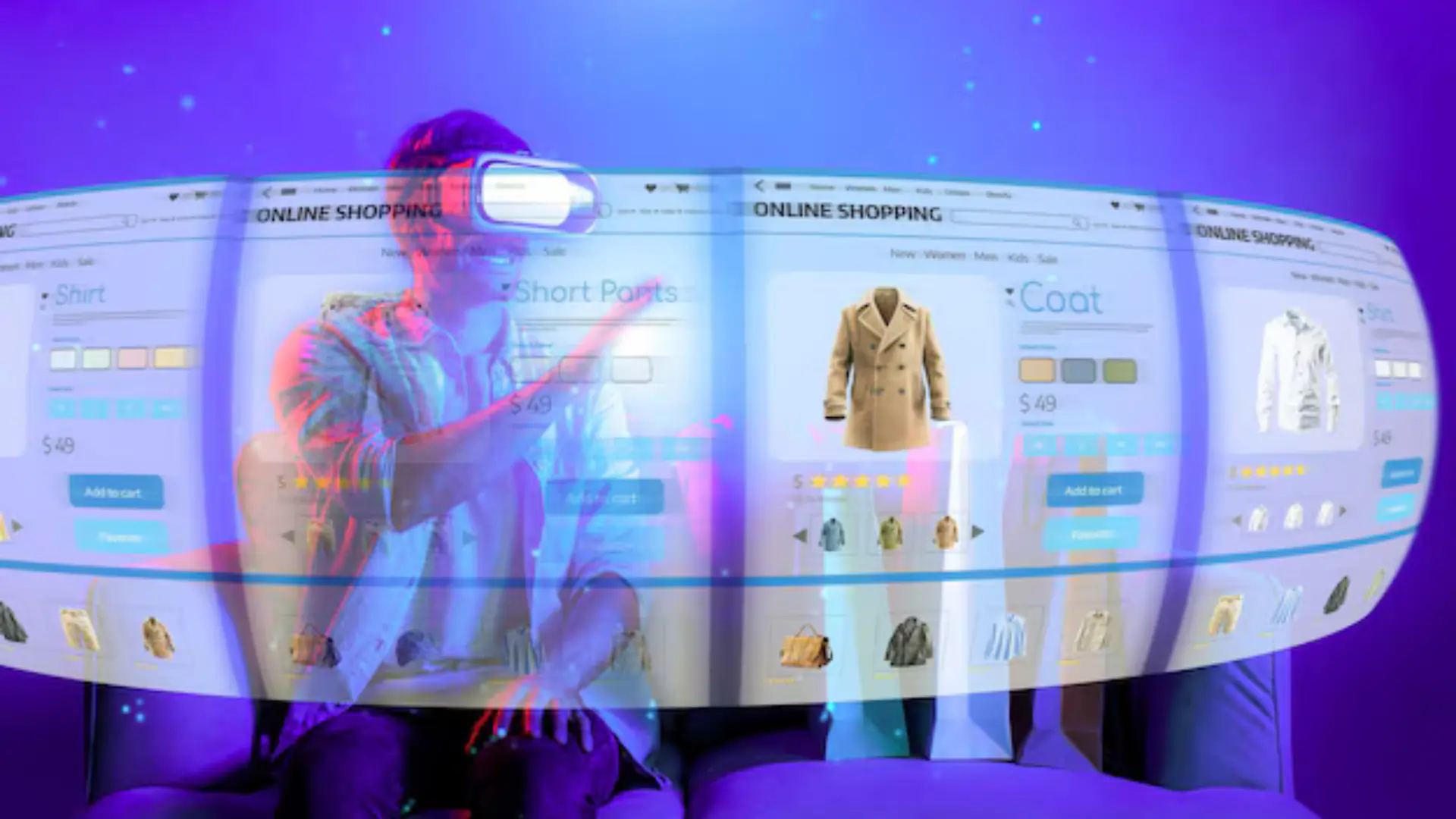
Hyper-Personalization in E-Commerce
In the fiercely competitive landscape of e-commerce, generic marketing strategies are rapidly becoming obsolete. Consumers today expect more than just products; they crave personalized experiences that cater to their individual needs and preferences. This demand has fueled the growing impact of hyper-personalization in e-commerce, transforming how businesses engage with customers and drive sales. The shift from one-size-fits-all to tailored interactions is not just a trend; it’s a fundamental change in how e-commerce operates, fostering deeper customer loyalty and driving significant revenue growth.
Hyper-personalization in e-commerce leverages data analytics, artificial intelligence (AI), and machine learning to deliver highly customized experiences to individual customers. By analyzing vast amounts of data, such as browsing history, purchase behavior, and demographic information, e-commerce platforms can create personalized recommendations, targeted offers, and even dynamic content that resonates with each customer. This level of customization goes beyond simple product recommendations; it encompasses every aspect of the customer journey, from website navigation to post-purchase communication.
Creating Tailored Shopping Experiences
One of the most significant impacts of hyper-personalization is the ability to create tailored shopping experiences. E-commerce platforms can use customer data to personalize website layouts, product displays, and even search results, ensuring that each customer sees content that is relevant to their interests. This level of customization can significantly enhance customer engagement and drive conversions.
For instance, a customer who frequently browses outdoor gear might see personalized product recommendations for hiking boots, camping equipment, and other related items. This tailored approach not only improves the shopping experience but also increases the likelihood of a purchase.
Delivering Targeted Offers and Promotions
Hyper-personalization enables e-commerce businesses to deliver targeted offers and promotions that are more likely to resonate with individual customers. By analyzing purchase history and browsing behavior, platforms can identify customer preferences and deliver personalized discounts, coupons, and bundles.
This targeted approach not only increases the effectiveness of promotions but also enhances customer loyalty by making them feel valued and understood.
Enhancing Customer Communication and Engagement
Hyper-personalization extends beyond the shopping experience to encompass customer communication and engagement. E-commerce platforms can use customer data to personalize email marketing campaigns, social media interactions, and even customer support interactions.
For example, personalized email campaigns can feature product recommendations based on past purchases or browsing behavior, while personalized chatbot interactions can provide tailored support and answer customer questions efficiently.
Building Customer Loyalty and Retention
The ultimate goal of hyper-personalization is to build customer loyalty and retention. By delivering highly customized experiences, e-commerce businesses can create deeper connections with their customers, fostering a sense of trust and loyalty.
Customers who feel valued and understood are more likely to return to a platform and make repeat purchases. This increased customer retention not only drives revenue growth but also enhances brand reputation.
The Future of Hyper-Personalization
As AI and machine learning technologies continue to advance, the future of hyper-personalization in e-commerce looks promising. We can expect to see even more sophisticated applications, such as predictive personalization, which anticipates customer needs before they even arise.
The key to success in the age of hyper-personalization lies in data privacy and ethical considerations. E-commerce businesses must prioritize data security and transparency, ensuring that customer data is used responsibly and ethically. By building trust and delivering truly personalized experiences, businesses can unlock the full potential of hyper-personalization and thrive in the competitive e-commerce landscape.





